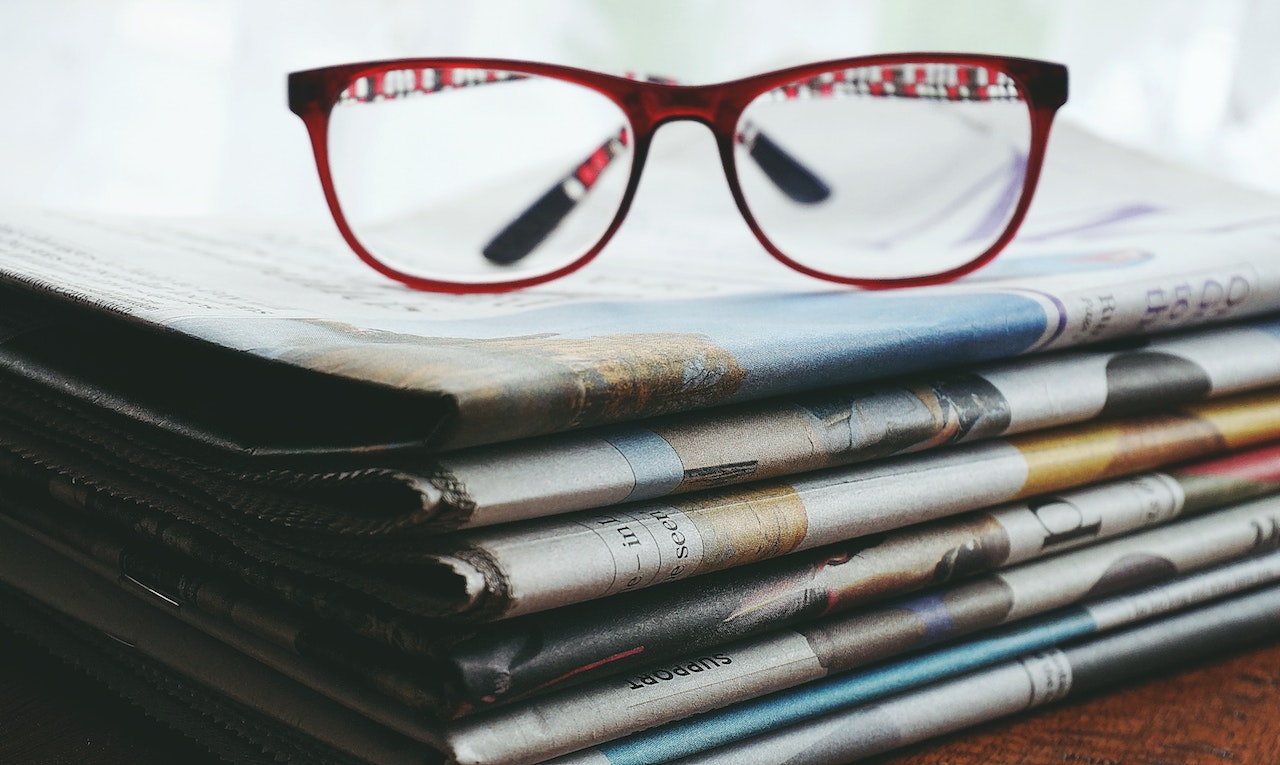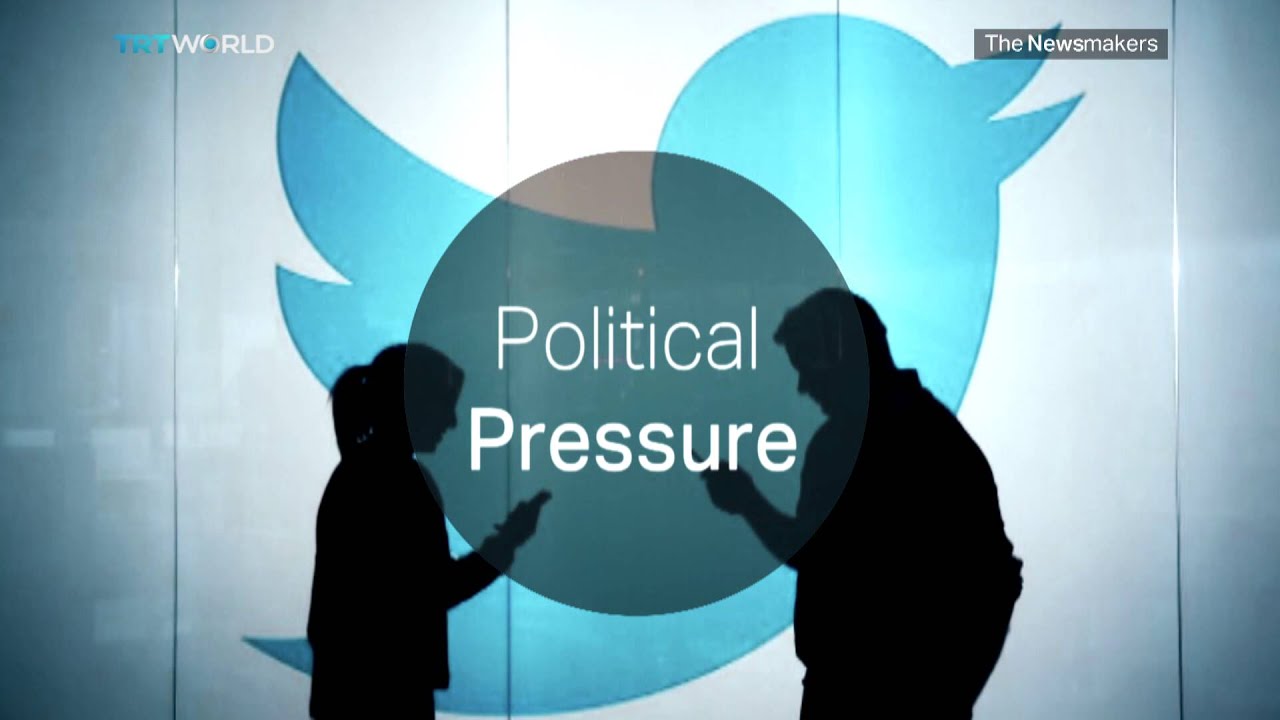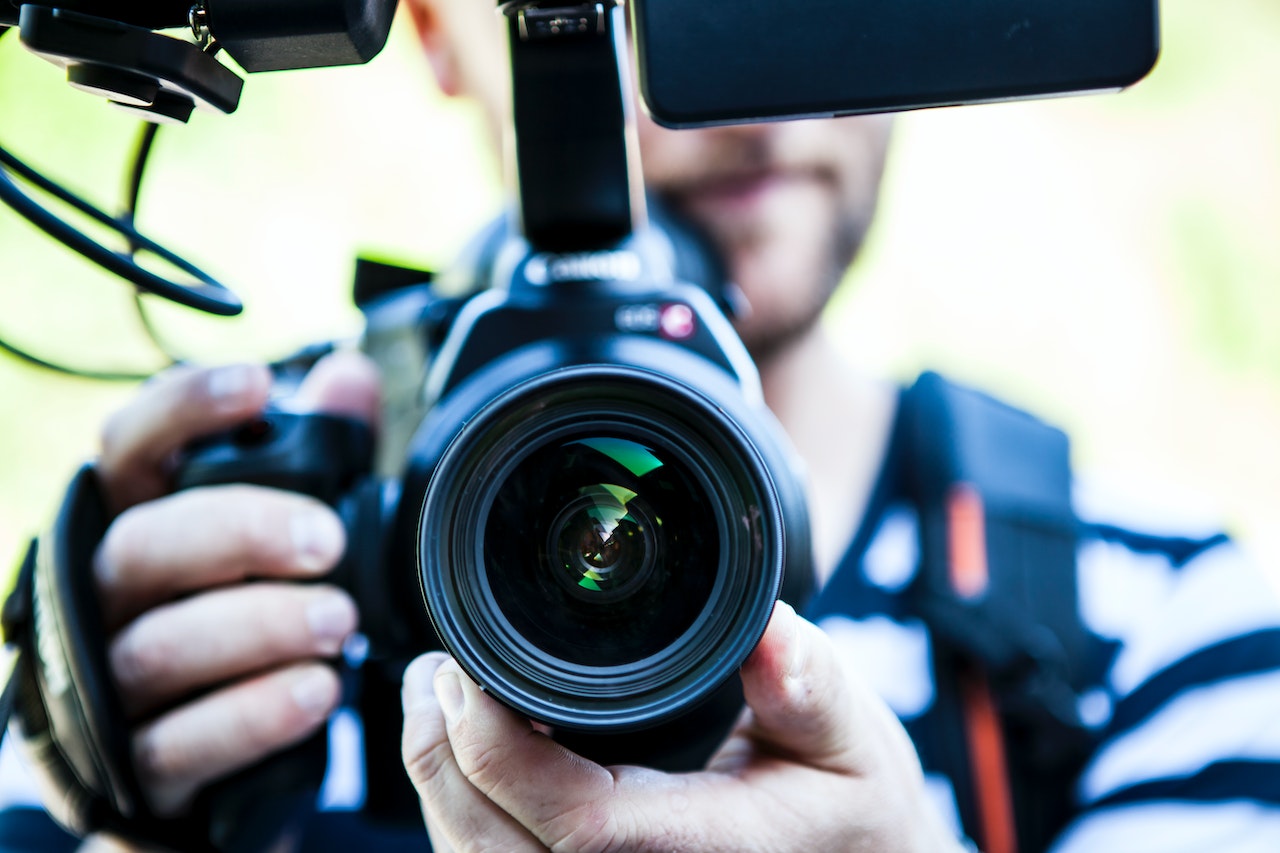The History Of News Censorship And Media Control - A Historical Overview
The history of news censorship and media control is a long and complex one that has evolved with the development of human societies. Governments and powerful institutions have long sought to control the narrative presented to the public in order to shape public opinion and maintain their hold on power.
Apr 18, 202376.8K Shares1.3M Views

The history of news censorship and media controlis a long and complex one that has evolved with the development of human societies. Governments and powerful institutions have long sought to control the narrative presented to the public in order to shape public opinion and maintain their hold on power.
The uses of censorship and media control have been prevalent throughout history, from ancient times to the modern day. In this article, we will explore the evolution of news censorship and media control throughout history, examining how it has been used to shape the narrative and maintain power.
The History Of News Censorship And Media Control
Ancient Times
The history of news censorship and media control can be traced back to ancient times. Rulers and governments used censorship to maintain their hold on power and suppress dissent. For example, in ancient China, the state would use the "bamboo slips" to record important information, and only those who had access to these slips could read them.
In Rome, Julius Caesar is said to have used censorship to control the news and suppress negative coverage of his reign. Throughout the Middle Ages, monarchs and religious authorities used censorship to control the dissemination of information and suppress dissent.
The Enlightenment
The Enlightenment brought about a shift in the way news was disseminated and controlled. The printing press made it possible to distribute information to a wider audience, and this led to the history of news censorship and media control.
Governments and rulers realized the power of the press to shape public opinion and used it to their advantage. In France, for example, the government used censorship to control the press and maintain its hold on power.
The Industrial Revolution
The Industrial Revolution brought about a new the history of news censorship and media control. With the invention of the telegraph, it became possible to transmit information over long distances quickly. This led to the rise of wire services, which enabled newspapers to share news stories with each other.
Governments and powerful institutions realized the power of the wire services and used them to control the narrative. For example, during World War I, the British government used wire services to control the news and shape public opinion.
The Rise Of Propaganda
The 20th century saw the rise of propaganda as a tool for controlling the narrative and shaping public opinion. Governments and powerful institutions realized the power of propaganda to manipulate public opinion and used it to their advantage.
In Nazi Germany, for example, the government used propaganda to demonize Jews and other minorities and shape public opinion in favor of their policies. In the Soviet Union, the government used propaganda to control the narrative and maintain its hold on power.
The Digital Age
The Digital Age, also known as the Information Age, is a time period characterized by the rapid advancement and widespread use of digital technologies. This era began in the late 20th century and has continued into the 21st century, with the advent of the internet, smartphones, social media, and other digital technologies.
One of the most significant impacts of the Digital Age has been the transformation of communication. With the internet and mobile devices, people can communicate with each other instantly, regardless of their location.
This has led to the rise of social media platforms like Facebook, Twitter, and Instagram, which have become powerful tools for sharing information and connecting with people all over the world. The Digital Age has also transformed the way we access and consume information.
With the internet, people can access vast amounts of information at their fingertips, which has changed the way we learn and acquire knowledge. Online courses and e-learning platforms have become increasingly popular, allowing people to learn new skills and advance their education from anywhere in the world.
Another key impact of the Digital Age has been the transformation of business and the economy. The rise of e-commerce and online marketplaces has made it easier for businesses to reach customers all over the world and has opened up new opportunities for entrepreneurs and small businesses.
The gig economy, which is characterized by short-term contracts and freelance work, has also emerged as a result of the Digital Age. However, the Digital Age has also brought about new challenges and risks.
With the widespread use of digital technologies, there are concerns about data privacy and security. Cyber attacks and data breaches have become more common, and individuals and businesses are at risk of having their personal information and sensitive data stolen.
There are also concerns about the impact of social media and digital technologies on mental health, as studies have shown a link between social media use and increased levels of anxiety and depression.

The Newsmakers: Social Media Censorship
Is Censorship In The Media Necessary?
The question of whether censorship in the media is necessary is a complex and controversial one. On the one hand, some argue that certain content should be censored in order to protect individuals and society as a whole from harm.
For example, there may be a need to censor content that promotes hate speech, violence, or discrimination. Additionally, some argue that censorship can be necessary in order to maintain social order and prevent chaos. This may include censoring content that could incite riots, protests, or other forms of civil unrest.
On the other hand, there are those who argue that censorship in the media is a violation of free speech and the right to access information. They argue that individuals should be allowed to make their own decisions about what content they want to consume, and that censorship can limit the diversity of ideas and opinions that are available in the public sphere.
Furthermore, some argue that censorship can be used as a tool for political control, with governments or other powerful groups using censorship to suppress dissent and limit criticism. Ultimately, the question of whether censorship in the media is necessary is a complex one that requires careful consideration of the potential benefits and drawbacks.
While there may be cases where censorship is necessary to protect individuals and society from harm, it is important to ensure that any restrictions on the media are balanced with a respect for free speech and the right to access information.
People Also Ask
What Is News Censorship?
News censorship refers to the suppression or restriction of news or information that is deemed to be objectionable or harmful.
When Did News Censorship First Occur?
News censorship has existed in various forms throughout history, but the history of news censorship and media control became more widespread during times of war or political unrest.
What Are Some Common Forms Of Media Control?
Media control can take many forms, including government regulations, ownership restrictions, and pressure from advertisers or other interest groups.
How Does Media Control Impact The Media Industry?
Media control can limit the diversity of ideas and opinions in the media and can make it difficult for independent or alternative voices to be heard.
What Are Some Examples Of News Censorship And Media Control In Recent History?
Some examples of news censorship and media control in recent history include the Chinese government's control of the media, the censorship of the press in Nazi Germany, and the censorship of social media in some countries.
Conclusion
The history of news censorship and media control is a long and complex one that has evolved with the development of human societies. From ancient times to the modern day, governments and powerful institutions have sought to control the narrative presented to the public in order to shape public opinion and maintain their hold on power.
The use of censorship and media control has been prevalent throughout history, with new technologies and tools being developed to maintain control. In the digital age, new challenges have emerged as individuals have gained more power to share news and information with a wide audience.
As we move forward, it is important to remain vigilant in the face of censorship and media control and to fight for freedom of speech and the free flow of information.
Latest Articles
Popular Articles
